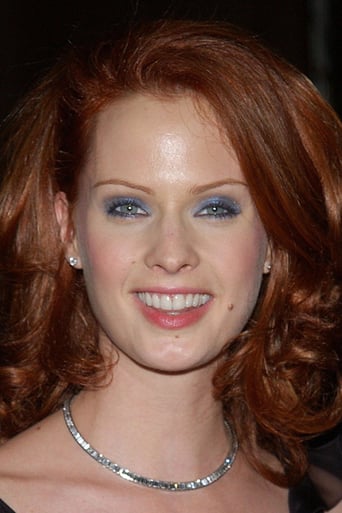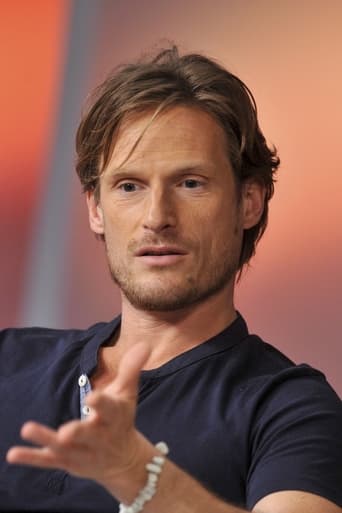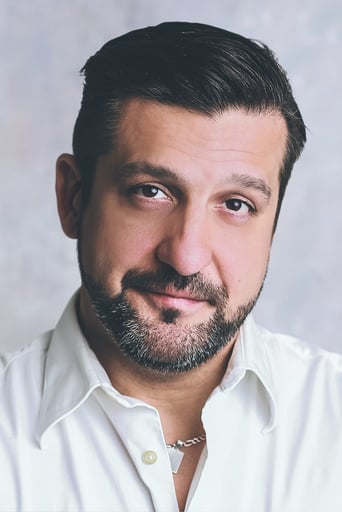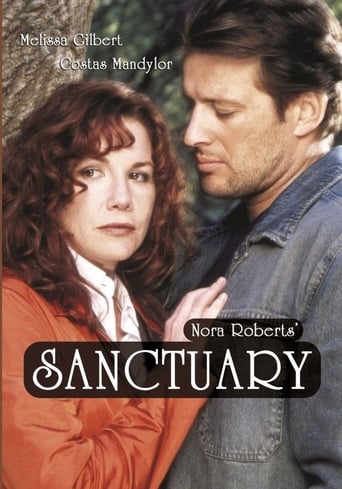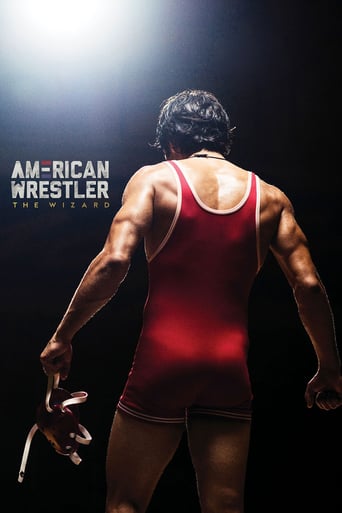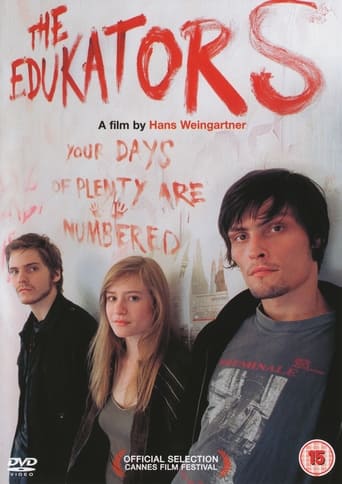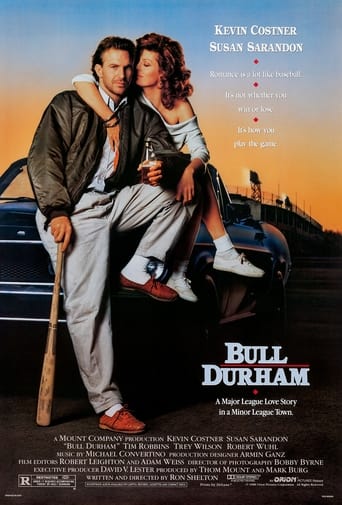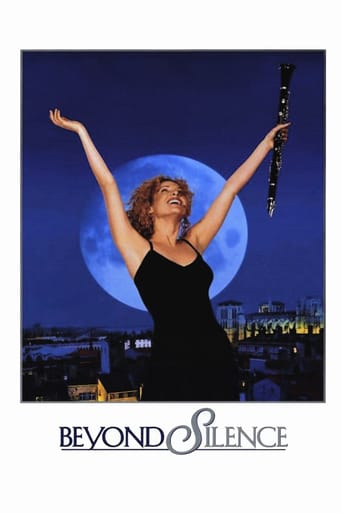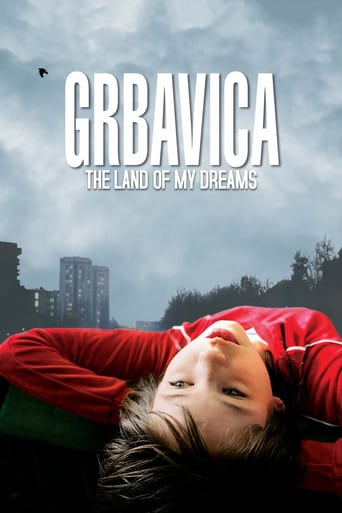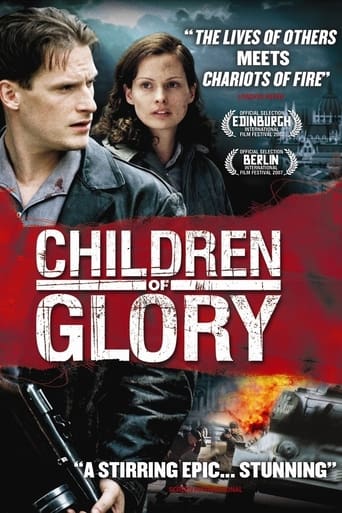
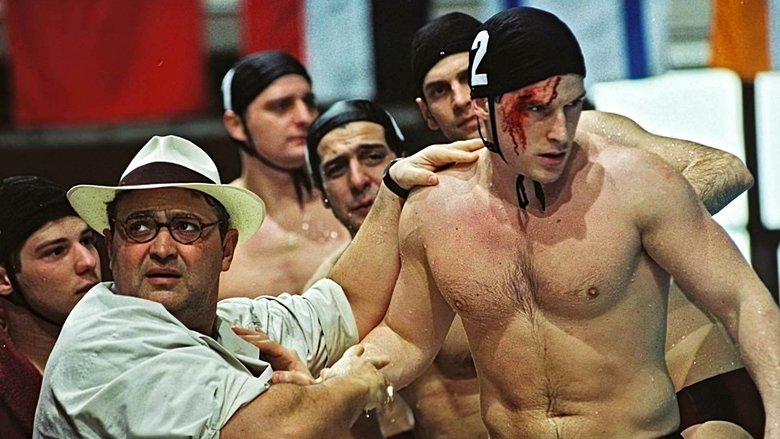
Children of Glory (2006)
Children of Glory will commemorate Hungary's heroic Revolution of 1956, and takes place in Budapest and at the Melbourne Olympic Games in October and November of that year. While Soviet tanks were destroying Hungary, the Hungarian water polo team was winning over the Soviets in the Olympic pool in Melbourne, in what has been described as the bloodiest water polo match in history.
Watch Trailer
Cast


Similar titles
Reviews
The film ends at the 1956 Olympics in Melbourne but it would have been better if it went on to name the Hungarian Water Polo team (including the coach) and disclose how some of the players could not return to Hungary as they were classed as Freedom Fighters.After the Olympics two of the players came to Western Australia and both captain coached individual water polo sides Anton Bolvari coached Melville and Imrie Tacosh coached Fremantle.It should be noted that these two people improved the standard of Australian Water Polo and should be named as honorable members in the Australian Sports Hall of Fame for the development work they did.I would like to know where both Anton and Imrie are today and if they have since returned to their home land of Hungary.Perhaps somebody out there knows the full story and would be kind enough to let me know.
I feared this film highlighting one the most dramatic events in modern history would be hampered by bare stage sets and other shortcomings resulting from short funding in Hungary, or the portrayal of events would be marred by national self-pity. It turned out to be nothing short of a well-balanced, historically correct film that arouses great curiosity about what went on in the streets of Budapest (and elsewhere in Hungary) in October and November 1956, and in my mind provokes enormous sympathy for the Hungarian civilians at the time, and the country in general.Director Kata Dobo has had every good reason to use certain elements familiar to commercial "western" films. It is an important story that should reach a wider audience. Far too many probably know little or nothing about these events. The Olympic games and the need for love are parallel stories in the film which we all understand, and yet are not melodramatic. This leaves us to grasp just what the turmoil of revolution, secret police reprisals and finally the deaf ear of "the West" was about. I can imagine the Hungarians involved in making this film have put their souls into it. The least we can do is to listen this time to what they have to say. The film once over, I can't imagine anyone not getting the message.It is inevitable that a film portraying a revolution without the massive (and often excessive) funding of "western" films, can only show examples of key ingredients - the Molotov cocktails, conviction and doubt, Russian brutality, divided loyalties, chaotic emergency services, daredevil teenagers, family divisions, honesty and deception. These true aspects come across not only sufficiently, but well, especially one of the most noteworthy of them: the women at the forefront of the fighting. The modest colouring is in tact with the time, and the mood. The observer is carried from one realistic scene to the another as quickly as the bewildering swiftness of the revolution must have unfolded at the time.At the time, in fear of making the cold war colder, the leaders of the West, with President Eisenhower at the top of the list, support for the Hungarian cry for freedom was shamefully guarded, but as the scenes from the Melbourne Olympics demonstrated, public opinion was not unguarded. This film presents an excellent opportunity for some to recall what really happened in Hungary in 1956, for others a first insight. Luckily the jury of the Berlin international film festival seized the opportunity.
I love the idea of making a movie to honor 56 and i also love making the story accessible to worldwide audiences. I think the film was executed beautifully, the sets, the costumes, the props, everything fit perfectly, so no problem there.I think the acting was also generally good, Csanyi never disappoints, Gesztesi comes through as always, etc. However, the two lead characters could have done a better job - both Fenyo and Dobo have a difficult time conveying emotions. Fenyo usually looks like a bored android and Dobo - well, whatever.The biggest problem is the inane writing. The plot is just a cheap TV-movie template, predictable, clichéd and often gratuitous. What's even worse is the dialogue. It's comic-book level, sometimes even worse. I was at the point of leaving the theatre after several badly written lines that would have looked out of place even in a high-school essay.Anyways, go see it for the pictures and for the great background story, if you are not familiar with Hungary's shining moment in 20th century history. But don't expect profound entertainment or a thrilling story.As often, history is the best playwright. Too bad the human ones didn't live up to the job.
As an American living in Hungary, I thoroughly enjoyed this film and hope that many of my friends living in the states will see it to better understand the Hungarian culture.As always in a film, there were a few liberties taken with historical facts, but these were not huge and did not destroy the film. It was particularly timely with the riots this year in the streets of Budapest. The courage displayed and the sense of hope in a seemingly hopeless situation made the film especially poignant.A film worth seeing. I would recommend it to anyone who is interested in European history, courage, and Hungarians.


